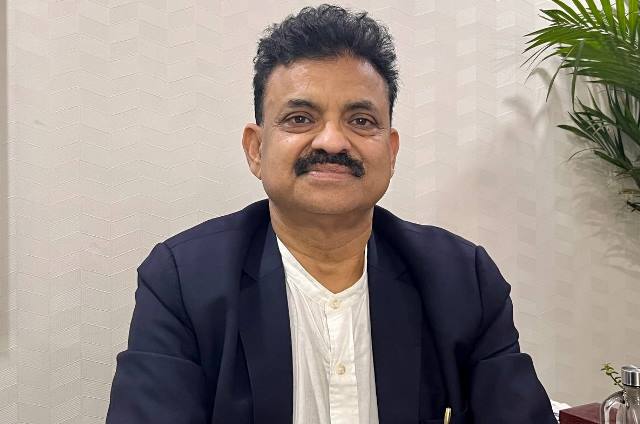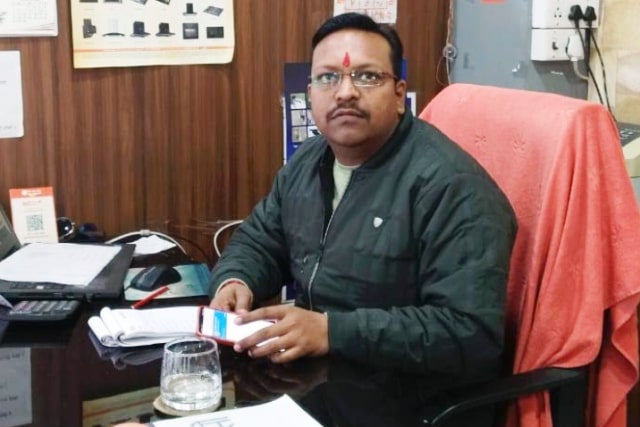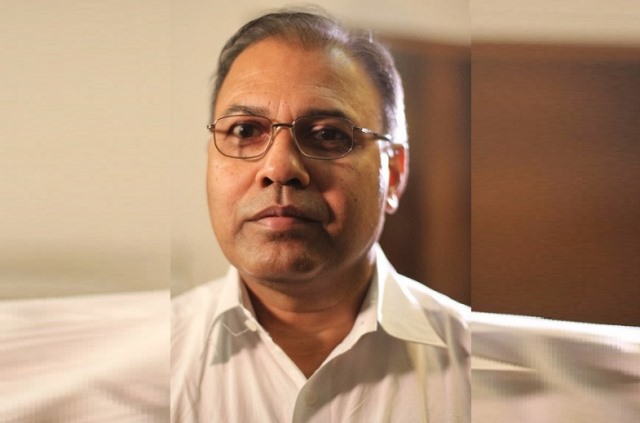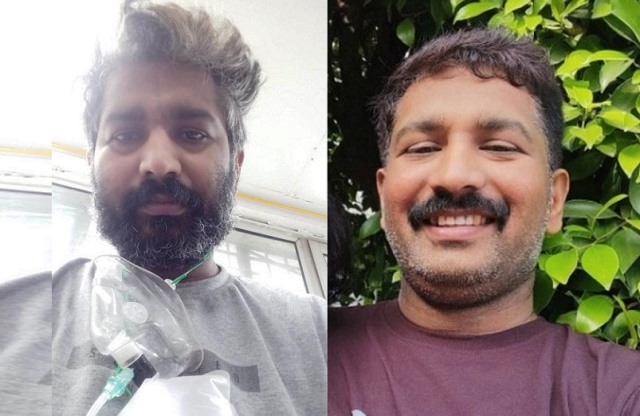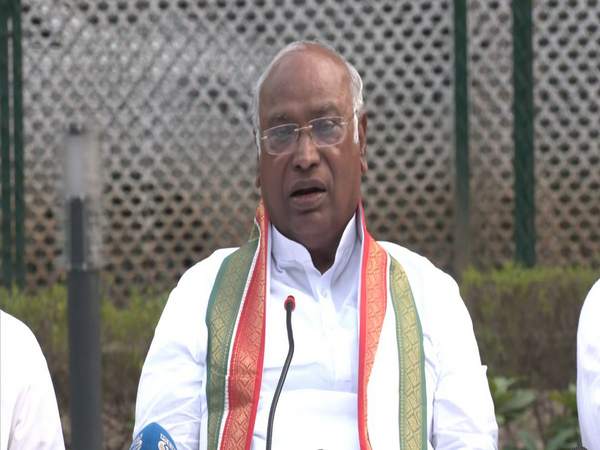Salil Kumar, who is associated with an NCR-based real estate group, says adaptability to the changing lifestyle is vital for the realty segment. His views:
Covid-19 brought significant changes in various facets of life. It affected livelihoods, businesses and social interaction. Those who adapted to the new changes survived losses even as many others were forced to shut shop. Being associated with the real estate sector for many years, I can speak about how architecture and urban design were impacted with post-pandemic realities.
The pandemic altered the way people worked. A large number of office workforce was compelled to leave the office models and adopted work from home or WFH. It has become an established norm for professionals whose work can be executed through a digital network efficiently. And this comprises a huge segment.
Builders and developers realized the new requirements and transformed the design of high-rise buildings that made them adaptable to current and future needs. We saw a sharp rise in demand for homes with work-from-home facilities. The need for homes with separate office areas is anticipated to increase as the new waves of virus surge and subside. It is anticipated that projects with bigger configurations, or which include an extra area that can be converted into a small office space, will be desired. Investors have shown interest in initiatives that provide office spaces or club concepts for working residents.
IT professionals are now looking for residential buildings that provide a functional setup for their remote work needs. This shift has led to an increase in demand for housing units that incorporate home offices, workstations, specialized furniture and other amenities required for a productive workspace. Developers have recognized this trend and started designing buildings that cater to these emerging needs.
ALSO READ: ‘Safety Audit Of NCR High-Rise Buildings A Must’
Developers now focus on creating spaces that provide a sense of private workspace within the apartment, specifically for those working from home. These customized workspaces are equipped with necessary infrastructure, including high-speed internet connectivity, ergonomic seating, and essential office equipment, to provide the perfect environment for remote work. Additionally, residential clusters have started incorporating shared office spaces in their designs, which provide residents with office-like workspaces within communal areas of a building.
Flexibility is another vital aspect that developers have started to incorporate in high-rise building designs, like multifunctional rooms that can adapt to different requirements. These spaces can be transformed from conventional living spaces to workspaces and even recreational areas. There are convertible spaces like Murphy beds, extending tables, wall-mounted bookshelves, and movable cabinets, which can be rearranged according to specific needs.
Health and well-being have also become critical aspects of building design. Architects and developers are now putting a lot of emphasis on interior spaces, which ensure adequate ventilation, access to natural light, and an abundance of greenery. The introduction of advanced air filtration systems and materials that are resistant to bacterial growth and contamination will certainly draw favourable response from the buyer. Community spaces like gyms and recreational zones need to be more spacious in accordance with social distancing.
In conclusion, the pandemic created a drastic shift in work culture, and developers have responded by altering the design and layout of high-rise buildings. Architects have also started emphasizing the design of interior spaces that ensure the health and well-being of the residents. While some high-rise buildings have already started accommodating these changing times, it is expected that more buildings will be designed to respond to emerging needs soon.
As told to Deepti Sharma
